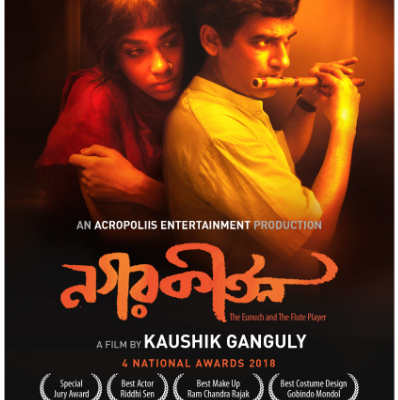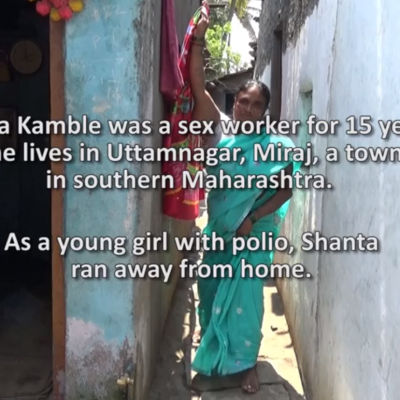Sexuality
It is rare to show with such simplicity and depth, the undoing of a robber as he falls in love with the subject of his robbery. Lootera reinforces the belief in love’s gentleness which can disarm all the trappings of normative masculinity that society commands.
I find that my own clothes are all just pieces of a larger archive I’m slowly constructing: an archive of the women I love, a half-hearted attempt at mimicking what I love.
I would say that growing up in a small village would make it difficult to find love or companionship, but I have since moved to a city and found that it was difficult to find love there, too. It did not stop me from trying, though.
We had gathered to [discuss] digital self-determination for people with disabilities… focusing on its core component: the self. How can I be myself in digital spaces? What gives me more of a sense of self in these spaces? How can design, technology and policy contribute to helping me determine myself in digital spaces?
Why does the gap feel so wide no matter how much I explain, again and again, that I do not mean to hurt him… hurt any of them? I feel torn… but Amma and Appa need my help at home. Lockdown has been so damn hard.
The plot of the movie narrates the tale of the love that grows between two people who are struggling to survive in a world of rootlessness and are continuing to make a cosy home for themselves. The love between Madhu, who works as a food delivery boy, and Puti, who survives by singing at traffic signals, blossoms while they cross paths everyday at the traffic signal and the look that they exchange appears to us as if each of them is trying to find a home in the other.
Following are some short clips made by Point of View, Mumbai in collaboration with SANGRAM, Sangli about the lives of sex workers living…
In this great repository of the human collective consciousness and exposure lies a wealth of tacit knowledge of COVID-19 that is independent of the subject expert.
Therefore, the question of safe spaces and alternative families is pertinent to queer identities, that are so much more than imagined by a single dominant narrative.
When Deepa Mehta’s Fire came out in 1996, violent protests roiled India over the depiction of romance between two female leads. There is no homosexuality in India, demonstrators declared while burning effigies in the Capital. In contrast, when Margarita With A Straw came out in 2014, it received accolades for its sensitive portrayal of queer desire in a woman with disability.
This immense pressure to perform masculinity throughout each day and night not only impacts men’s wellbeing, but it also inevitably impacts the way they interact with the world around them. These interactions – this performance of control over oneself and others – reinforce the social norms and norms of power that drive gender inequality.
By: Teresa Fitzherbert For years the need of disabled people for sex and relationship education has been ignored. Campaigners want…
I recently had the wonderful opportunity of attending the seven-day Sexuality, Gender and Rights Institute (SGRI)* organised by Delhi-based organisation…














